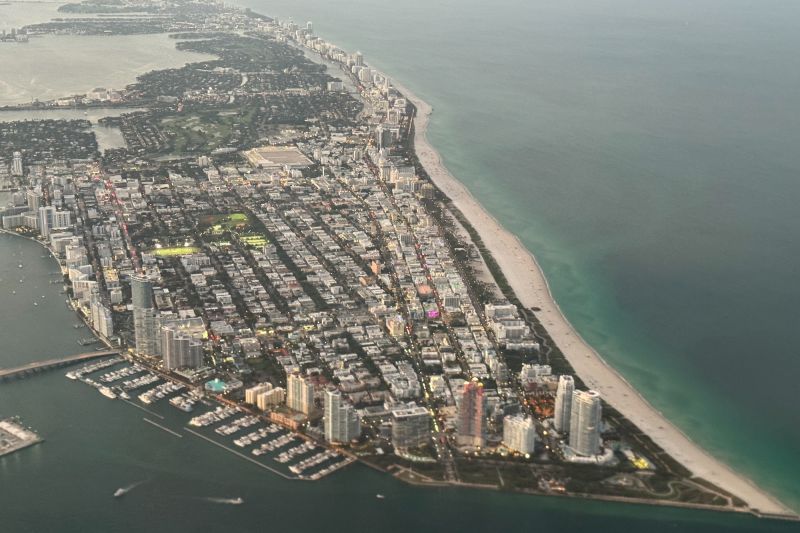The ‘Don’t Say Climate Change’ policy in Florida has recently come under intense scrutiny, particularly during the state’s oppressive heatwaves and severe weather conditions. Notably, this stricture is now openly denounced by local TV meteorologists who believe that discussing and acknowledging climate change is essential to appropriately inform the public regarding the increasing environmental challenges.
Florida’s controversial law, commonly known as the ‘Don’t Say Climate Change’ policy which was implemented under former governor Rick Scott’s administration, is unique in its kind. This unratified guideline explicitly discourages state environmental officials from employing phrases such as ‘global warming’ or ‘climate change’. Conversations within the environmental spheres of the state’s administration departments usually avoid direct acknowledgement of climate change, focusing on the terms like ‘sustainability’ and ‘resilience’.
Amid this, local TV meteorologists have emerged as the surprising freedom fighters against this regulation. These weather specialists are taking on the mantle to talk about climate change while explaining weather conditions during their reports. They argue that the law serves as a roadblock in providing comprehensive environmental news coverage to citizens, particularly as the state continues to suffer under scorching heat waves.
These meteorologists express that the critical environmental issues such as sea level rise, stronger hurricanes, and increasing temperatures should be addressed and associated with climate change. The television forecasters are increasingly linking current weather phenomena to the broader, global climate change issue during their coverage. They argue, and rightly so, that understanding these conditions as part of a broader environmental shift can better inform the state’s residents, and in turn, improve their preparation and response to such incidents.
For example, individuals equipped with an understanding that intensifying hurricanes can be a part of global climate change will be better prepared to create disaster plans or make appropriate home modifications. Hence, these meteorologists argue that allowing discussions about climate change can lead to residents making safer, more informed decisions about their environment.
Moreover, these meteorologists’ opposition to the ‘Don’t Say Climate Change’ law isn’t sinuous. They argue about the importance of freedom of speech in their weather reporting, which encompasses more than just the day’s forecast. By openly discussing climate change and its effects on local weather patterns, meteorologists hope to highlight the urgency and relevance of tackling this environmental issue.
As the ‘Don’t Say Climate Change’ rule continues to make waves throughout Florida, meteorologists are digging their heels in, promoting informed discussions, aiming to provide Floridians with the full context of their weather reports. They are becoming key characters in the epic clash between climate change acknowledgment and statutory restriction. Their sustained efforts in this regard are not just commendable but essential, as climate change remains a pressing problem not only for Florida but also for the world.
In conclusion, Florida’s ‘Don’t Say Climate Change’ policy has been receiving significant pushback from an unexpected corner – local TV meteorologists. Despite the oppressive heat, these forecasters are making a stand, linking the state’s severe weather conditions to climate change to provide a comprehensive perspective to the public. While it is yet to be seen how their fight against the policy will fare, it is clear that climate change discussions would no longer be silenced amid Florida’s weather reportage.




